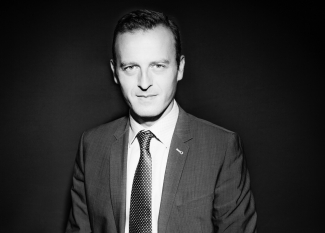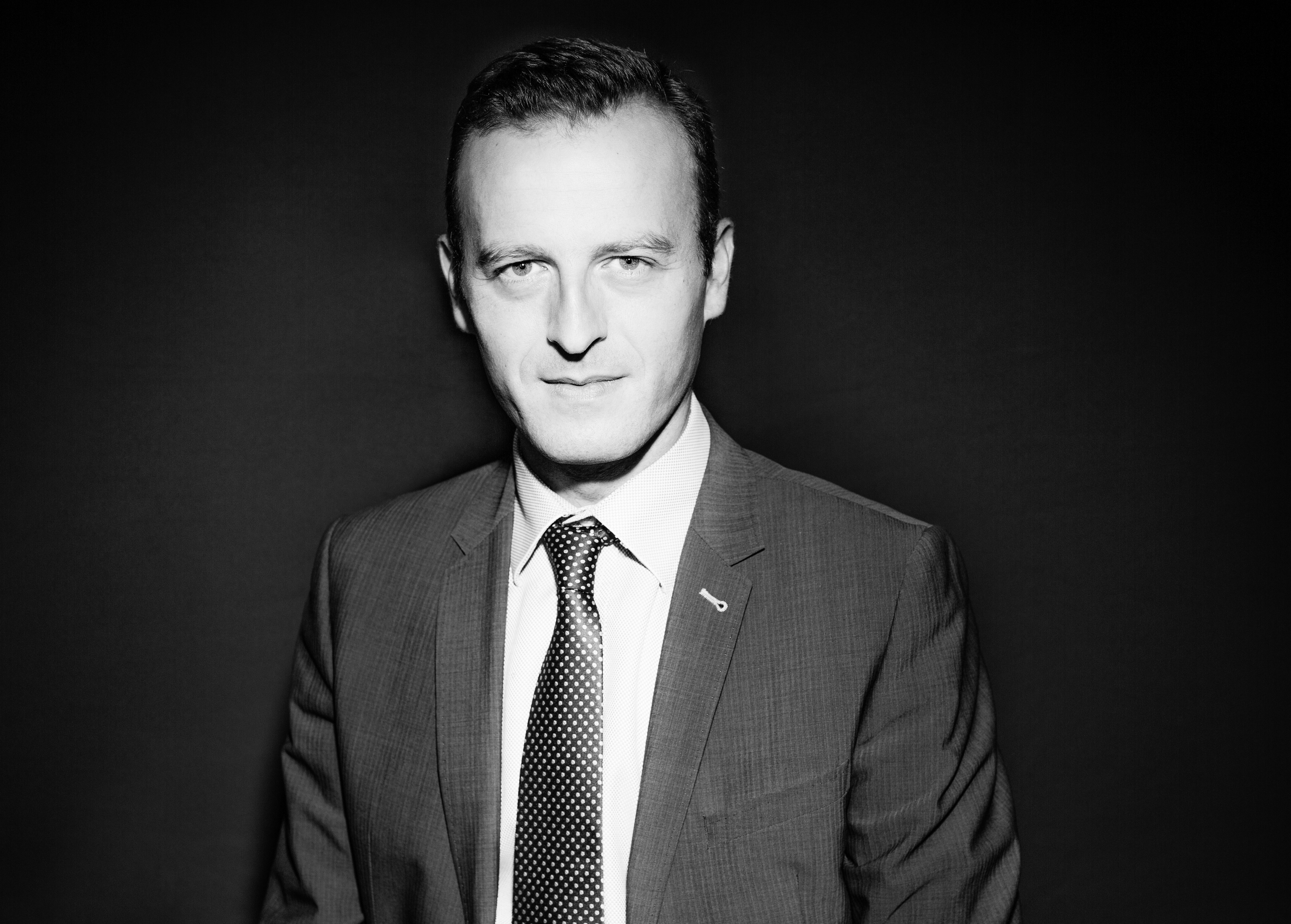Russia Foreign Policy Towards Europe in 2009: What Has Been the Main Driver?

Practical information
Thomas Gomart in the framework of the roundtable "Russian Foreign Policy in 2009" with Stephen Blank (US War College), Aurel Braun (Toronto University), Craig Nation (US War College), Carol Saivetz (Harvard University), and Robert Freedman (Johns Hopkins University), Boston, American Association for the Advancement of Slavic Studies, National Convention 2009.
Speakers
Other events

Paris Naval Conference 2026: Naval Rearmament and Operations in Contested Waters
This fourth edition of the Paris Naval Conference (CNP), bringing together high-level military, industrial, and academic speakers, will address the challenges associated with general naval rearmament and naval operations in increasingly contested environments.

Is Fusion Coming Faster and Cheaper than Expected?
ITER was for long time the embodiment of fusion as an international, long standing R&D cooperation objective to seek a new way to produce safe, low carbon and abundant low carbon electricity. Yet over past years, fusion start ups, several governments and investors have decided to push fusion R&D and deployment to complement ITER. Major efforts are ongoing notably in the United States, China, Germany, Italy.








